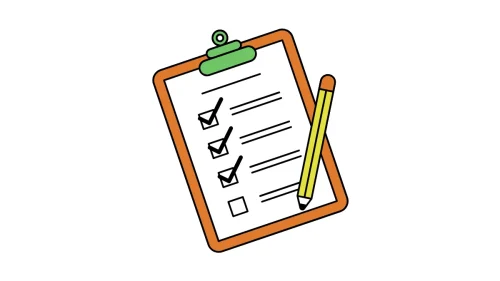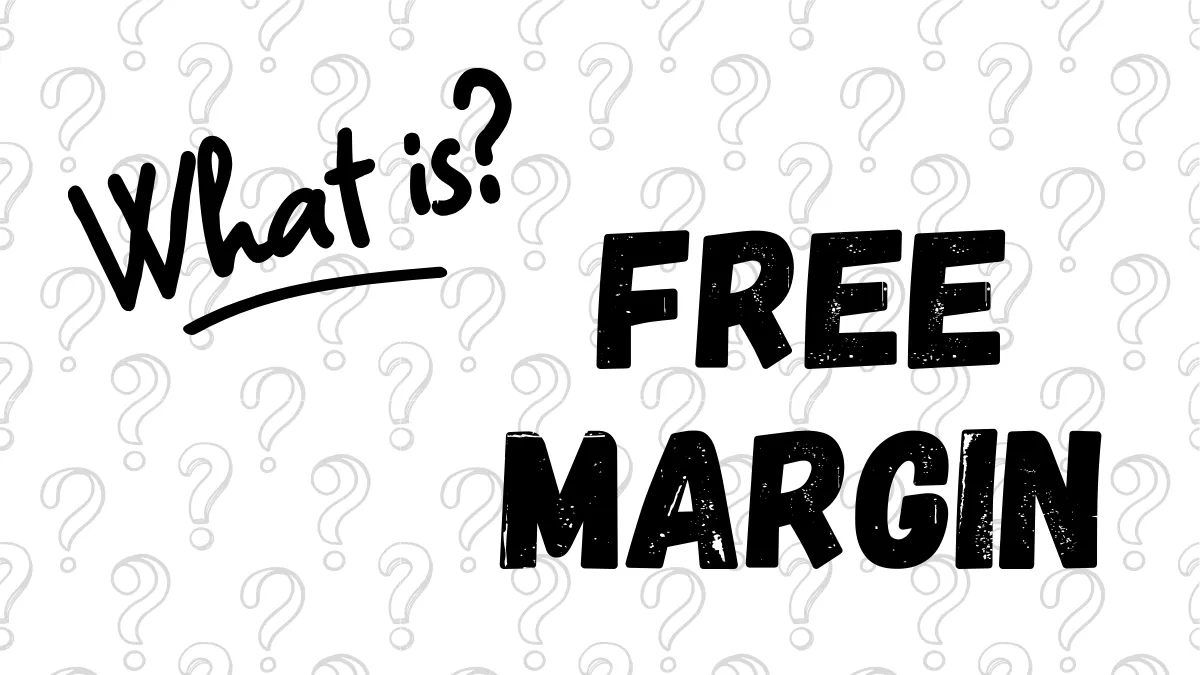21 Questions You Should Answer in Your Trading Plan
Creating a detailed and clear trading plan is a fundamental skill for successful traders. A "trading plan" acts as a guide, helping you maintain discipline in the market, avoid emotional decisions, and control risk. When formulating a trading plan, there are some core questions that you need to answer clearly, which will help you gain a comprehensive understanding of your goals and strategies, and remain stable during market fluctuations. Here are 21 key questions you should answer in your trading plan.1. What are your trading goals?
- Short-term goals: What kind of profit targets do you hope to achieve within a month or a quarter?
- Long-term goals: What are your overall goals or expectations for trading over a year?
2. What return rate do you hope to achieve?
- What is your expected monthly or annual return rate? This should be set based on your risk tolerance and trading strategy.
3. How much risk can you afford?
- What is the maximum loss per trade? It is generally recommended not to exceed 1% to 3% of your total capital.
- What is the maximum total loss range you can accept?
4. What is your risk-reward ratio?
- Have you set a risk-reward ratio for each trade? For example, 1: 2 or 1: 3, to ensure that the potential reward is at least twice the risk.
5. What trading style will you use?
- Is it day trading, swing trading, or long-term trading?
- Is your trading style suitable for your personality and time availability?
6. What is your trading strategy?
- Is the strategy you use based on technical analysis, fundamental analysis, or a combination of both?
- What are your entry and exit conditions?
7. What technical indicators will you use?
- Do you rely on specific technical indicators (such as moving averages, RSI, MACD) ?
- How do these indicators help you identify trading opportunities?
8. How will you analyze market trends?
- Do you use trend lines, support and resistance levels to determine market trends?
- Do you analyze market volatility and adjust your strategy based on trends?
9. What trading tools and software will you use?
- Which trading platform will you choose (such as MetaTrader 4, TradingView) ?
- What auxiliary analysis tools will you use (such as Economic Calendar, technical analysis software) ?
10. What is your daily trading preparation?
- What preparations do you make before trading? For example, checking news, analyzing charts, setting up trading plans, etc.
- Do you check market news and the Economic Calendar to understand the market trends of the day?

11. How do you control risk?
- How will you set stop-loss points? How are these stop-loss points adjusted based on market conditions?
- Do you diversify risk, such as trading different currency pairs simultaneously?
12. How will you manage your funds?
- Do you have a money management strategy to ensure that losses in each trade are within acceptable limits?
- Will you adjust your position size based on the growth or reduction of trading capital?
13. How will you set profit targets?
- Will you set specific profit target levels? For example, taking profits at specific price levels.
- Are your profit targets adjusted based on market volatility and trends?
14. Under what circumstances will you exit a trade?
- How will you decide to exit a trade? Is it based on technical signals, price movements, or psychological factors?
- Will you exit early or delay based on market conditions?
15. How will you record each trade?
- Will you maintain a detailed trading journal? Including entry, exit, profit and loss, and analysis.
- What tools will you use to record and analyze trades? For example, Excel, professional trading journal software, etc.
16. How do you respond to market volatility?
- When the market experiences severe volatility, how will you adjust your strategy? Will you reduce your position or pause trading?
- Do you have a plan to respond to unexpected market events, such as news events or economic data releases?
17. How do you maintain trading discipline?
- How will you avoid emotional trading, such as decisions driven by greed or fear?
- Do you have methods to control trading emotions, such as setting fixed trading times or limiting the number of trades per day?
18. How will you continue to learn and improve?
- Will you participate in training courses, read books, or join trading communities to enhance your trading skills?
- Will you regularly reflect and optimize your strategy, adjusting your plan based on market changes?
19. How do you face trading failures?
- When facing consecutive losses, how will you adjust your mindset and strategy?
- Do you have a specific recovery plan to help you refocus after a failure?
20. What is your trading schedule?
- What time periods will you trade? Does this consider the high liquidity periods of the market?
- Do you have fixed times to analyze the market and formulate strategies?
21. What is your long-term trading plan?
- What is your ultimate goal? Do you hope to become a full-time trader, build your own portfolio, or achieve financial freedom?
- Have you set long-term capital growth plans or specific financial goals?
Conclusion
These 21 questions cover the core content of a trading plan, helping you comprehensively analyze your goals, strategies, and risk control. By answering these questions, you can create a detailed and suitable trading plan for yourself, which will help maintain stability and discipline in the market. Formulating a plan is just the first step; the key to success lies in the ability to strictly execute and continuously adjust strategies in response to market changes. If you need more guidance to answer these questions, feel free to let me know, and I can provide more specific advice.
Hi, we are the Mr.Forex Research Team
Trading requires not just the right mindset, but also useful tools and insights. We focus on global broker reviews, trading system setups (MT4 / MT5, EA, VPS), and practical forex basics. We personally teach you to master the "operating manual" of financial markets, building a professional trading environment from scratch.
If you want to move from theory to practice:
1. Help share this article to let more traders see the truth.
2. Read more articles related to Forex Education.
Trading requires not just the right mindset, but also useful tools and insights. We focus on global broker reviews, trading system setups (MT4 / MT5, EA, VPS), and practical forex basics. We personally teach you to master the "operating manual" of financial markets, building a professional trading environment from scratch.
If you want to move from theory to practice:
1. Help share this article to let more traders see the truth.
2. Read more articles related to Forex Education.





